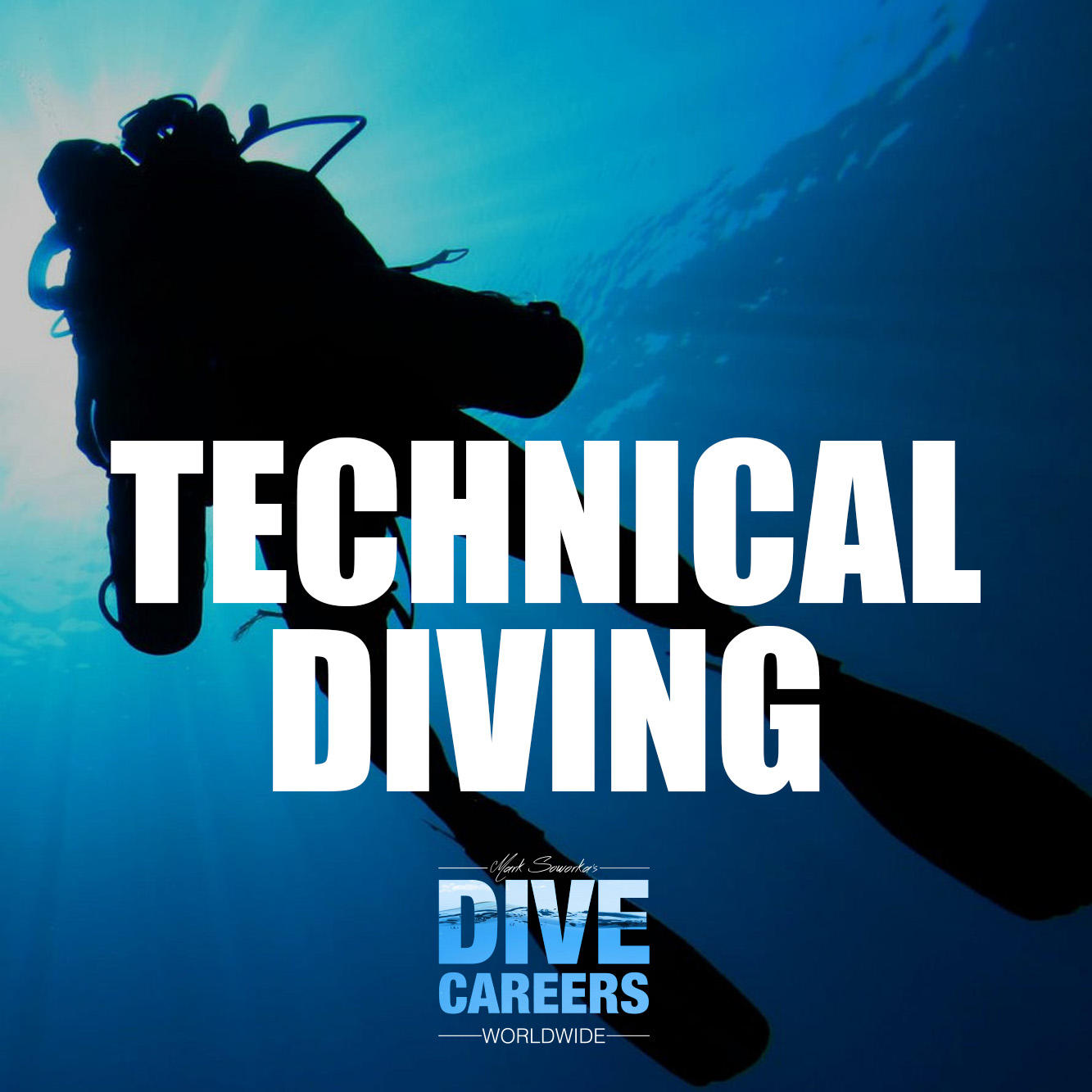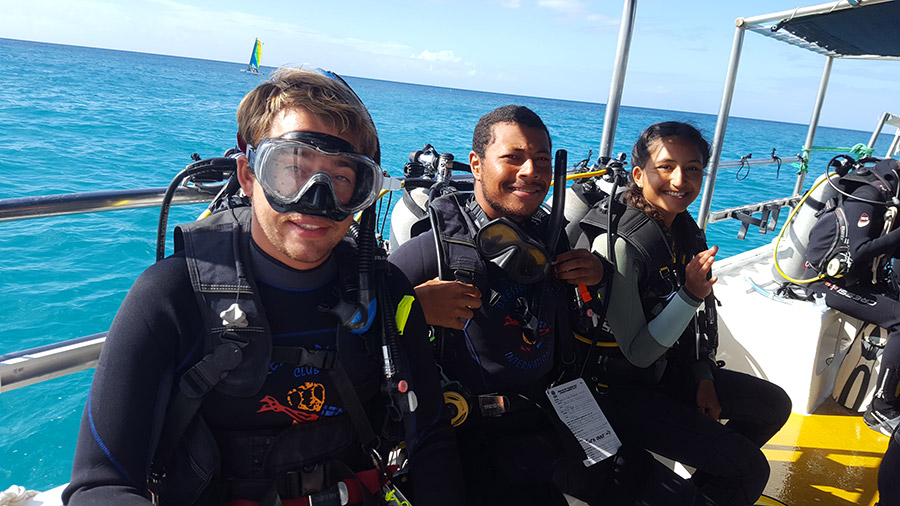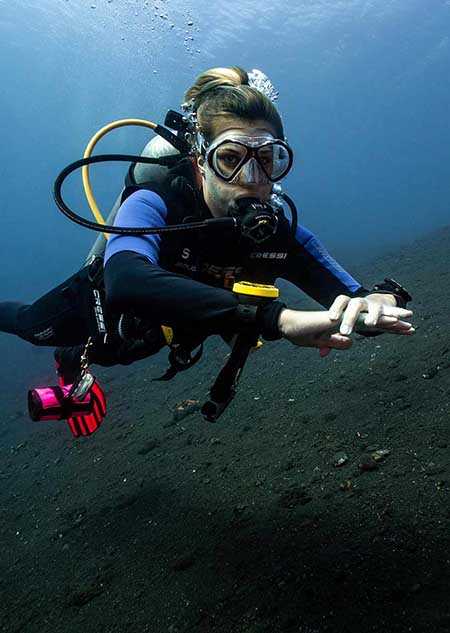
A training course is required to become a certified diver. After that, you will be issued a scuba diving certificate from the certifying body. PADI, Scuba Diving International, and SSI give scuba diving certifications. There are other certifying bodies as well, such as SSI, but these are the most common. To learn more about the certification process, read on. We'll explain the differences between each type of certification, and help you choose the one that suits your needs.
PADI
PADI stands professionally for Professional Association of Diving Instructors. The organization was formed in 1966 by John Cronin and Ralph Erickson. It offers membership and training for divers. Members are required to earn the PADI certification before they can instruct others. PADI certifications, which are internationally recognized, are recognized as the standard for teaching diving. These certifications assure the highest standards for safety and training of all scuba divers.

Scuba Diving International
Scuba Diving International, (SADI), offers scuba certifications. Technical Diving International's recreational arm, SADI, manages the organization. SADI's mission is to teach people how to dive. There are certifications available for all levels of diving including advanced divers and beginners. SADI offers a wealth information on scuba diving, in addition to certifications.
SSI
You may be wondering which scuba certification is best for you. PADI and SSI courses are similar in many respects. The difference lies in how skills are taught. PADI requires all students to complete all skills in a specific order. SSI allows divers to skip a skill if they are having difficulty with one. This can help them gain more confidence.
Other certifying bodies
There are hundreds and thousands of agencies that issue scuba diving certifications. Although many agencies use the same basic hierarchy of certification, requirements and names can vary. In general, open water, divermaster, or instructor will all be equivalent in certification. The table below provides a rough guide to scuba diving qualifications. The ISO 24801-2, ISO 24801-3, and BSAC certifications serve as benchmarks.
Specialties offered
Divers can choose from deep diving or ice diving to be certified. These courses take divers to new places beneath the sea's surface. Divers have hundreds of options for specialty courses. There are many specialty courses that allow divers to observe night creatures, such as octopi (and certain types of fish), and night diving. Some courses allow divers to make baskets while they are underwater.

Cost of certification to scuba dive
Costs for certification in scuba diving vary depending on where you live and what program you choose. The PADI Open Water certification course, for example, costs around $500, although it can cost a bit more if you plan to dive in Maui. The certification cost includes the cost for scuba gear such as a mask or fins. It is a life-long achievement and a great way for you to get started scuba diving in ocean.